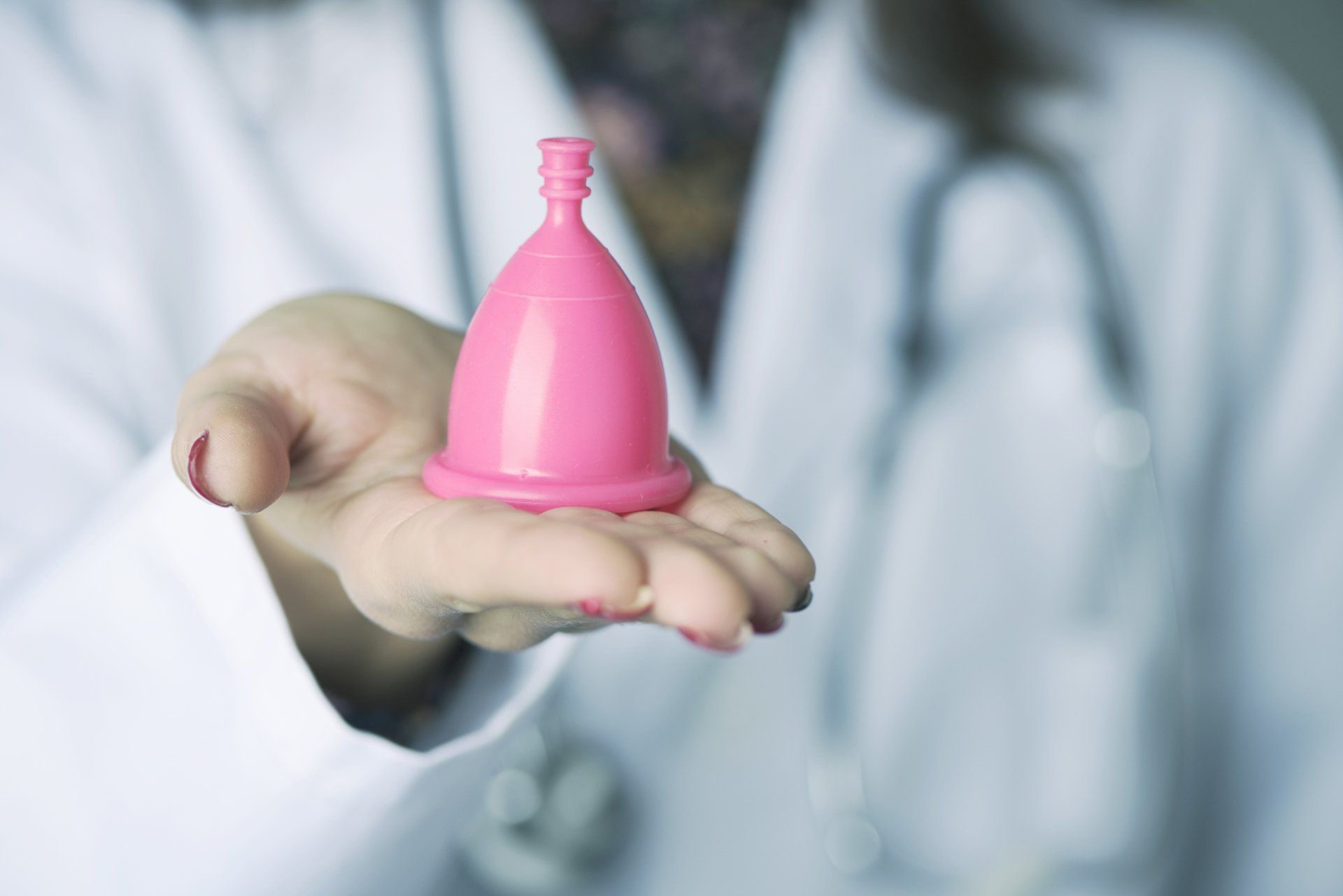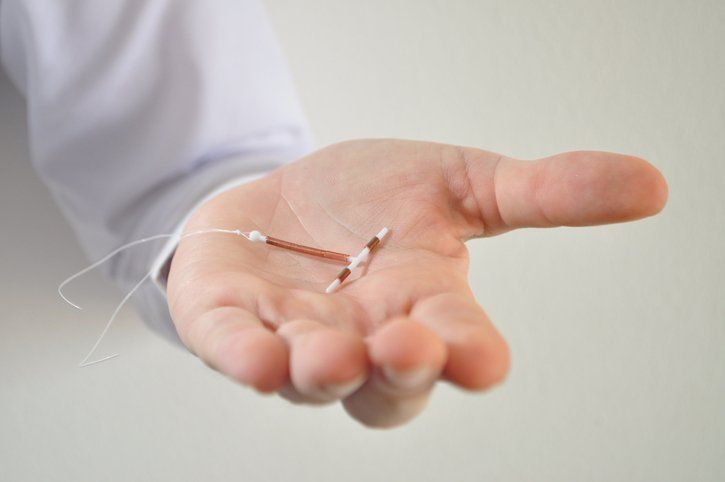Long gone are the days when bulky maxi pads were a woman's only period-time option. Along with tampons, menstrual cups and discs are modern-day alternatives to explore. If you're are interested in cups or discs, take a look at what you need to know about these menstrual products.
These small-sized rubber or plastic cups fit inside the vagina during your period. Unlike tampons, which absorb the menstrual flow, cups catch it. Most menstrual cups are made for up to
12 hour
use. After removing the cup, you simply empty it and either wash and reinsert it or throw it away - depending on whether it's made for reuse or is a single-use cup.
These one-time use period products are similar to cups in that they collect menstrual flow. But they're typically more flexible and fit differently inside of your body. A menstrual disc fits higher in the body, covering the cervix. In comparison, a menstrual cup sits lower in the vaginal canal. After removing a menstrual disc you'll need to discard it.
The answer to this question depends on which product you use. Reusable menstrual cups are not made to use during sexual intercourse. Again, the somewhat rigid plastic sits lower in the vaginal canal. This makes intercourse with a cup uncomfortable and potentially dangerous (the cup could cut you or your partner).
Unlike cups, you can wear a menstrual disc during intercourse. The difference in fit and material makeup means these products are more comfortable and less risky to wear during sex. However, the disc may leak if bumped or moved during intercourse.
Even though menstrual cups and discs may look somewhat like a diaphragm, these are not birth control option. Neither product will protect you against pregnancy or sexually transmitted diseases. If you're looking for an effective birth control option, talk to your doctor about the choices available.
Like any other period product, menstrual cups and discs can leak at any time. Improper insertion, excessive activity, or an unknown reason can cause some of your menstrual flow to leak out. If you have concerns about leakage, wear a pad with your cup or disc during the first few tries.
With a 12 hour time limit, you can sleep with a cup or disc in. If you think you may sleep for more than 12 hours, remove the cup or disc before you go to bed and use a maxi pad instead.
It's also possible for a cup or disc to leak at night. Wearing a thin pad or liner can reduce the risk of staining your bedclothes or sheets.
Most women have no problem inserting or removing these period products. Each option comes with its own set of directions - so you should carefully read the manufacturer's instructions. Don't worry about the size of the cup or disc when it comes to insertion. The vagina is made to stretch and will easily accommodate the product.
If you do experience difficulty inserting or removing a menstrual cup or disc, talk to your doctor. The gynecologist can review the female reproductive system anatomy necessary to understand how these products work and provide additional guidance on easy insertion and removal. If you still have trouble, your doctor can discuss other product options.
Do you need an annual gynecologist appointment or help with an immediate issue? Contact the office of
Jack G. Faup M.D.
for more information.




